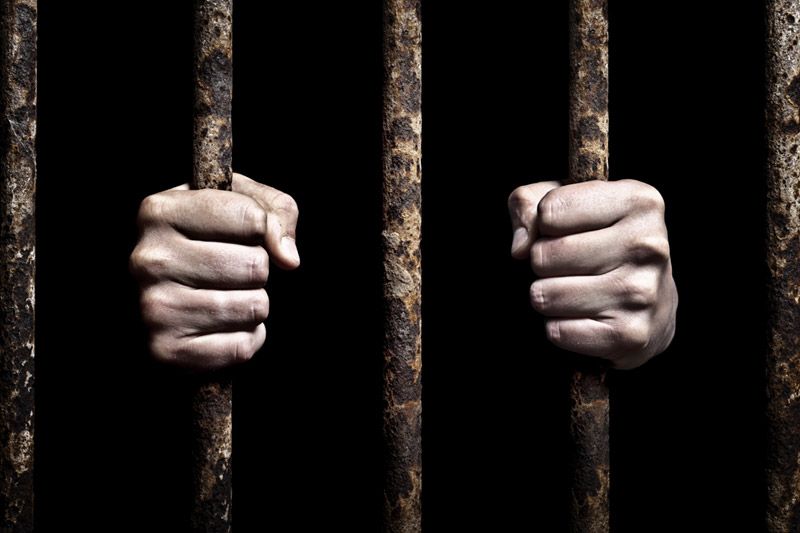InCANCERated
As a young adult with cancer you may feel like a prisoner in your own world. How can nurses help this age group?
inCANCERated

I had the privilege of attending the recognition breakfast for Oncology Certified Nurses at ONS Congress in Denver this May. I left that breakfast so inspired, yet heartbroken at the same time. The keynote speaker, Suleika Jaouad, had such an inspiring story to share. At the age of 22, she was diagnosed with myelodysplastic syndrome and acute myeloid leukemia. She shared the story of her struggles and what it was like to be diagnosed at such a young age. After the breakfast, I left with one question heavy on my mind, "How can I make a difference to young adult cancer survivors?"
I have a hard time associating cancer with the 20 to 30-year-olds. Maybe it’s just my wishful thinking that it doesn’t happen to them. According to cancer.gov, "about 70,000 young people, ages 15-39, are diagnosed with cancer each year in the United States. That is 6 times the number of cases diagnosed in children ages 0-14." And there are over 1 million young adult cancer survivors living today in the United States.
I know for me, at the age of 22, I was having the time of my life and trying to pursue my dreams. Cancer was the last thing that would have crossed my mind at that age. I did a lot of reflecting after I heard Suleika’s story. How do you begin to handle the devastating news of cancer, much less at such a young age? How do you deal with all the social awkwardness? How do you cope while your friends are out partying or going on dates, while you are struggling just to stay alive? What about medical bills and insurance? What about a future family? What about your career? Her life was completely interrupted by cancer.
Suleika talked about one of her recent writing assignments with incarcerated prisoners and compared her cancer journey to it. Much like a prison system, Suleika described her cancer as being "inCANCERated". This analogy stuck with me. Much like prisoners, cancer survivors must adapt to this new world with cancer. The psychological effects are similar between the two of them: patients go through denial, anger, bargaining, depression and acceptance, just like prisoners. They may have a lack of or limited support from their family and friends. They may also feel cut off from the rest of society. So what happens when they are released back into the "real" world?
Young adult survivors must find a way to adapt to the world after cancer. At first, they may be excited that the treatment is over. Then reality may hit, the uncomfortable feeling that not going to the doctor as often could give them a sense of uncertainty. With surviving comes unanswered questions and feelings of worry, sadness, and confusion. All of these may play a big role with them.
With much of their life to live, how well are we educating young adult survivors about the long-term effects of cancer treatment? Suleika stated, "Survivorship is such an important part of the treatment process." We as nurses need to be proactive. We need to educate ourselves and educate them as much as possible. I encourage you to listen to them, learn from them, be there for them, and get them connected with age-appropriate support groups. Go online and learn about all the different organizations out there just for them. The National Cancer Institute offers a list of organizations that offer support. Know that when treatment is over we still need to be there for them. As she so eloquently stated, “travel where the silence is.”




